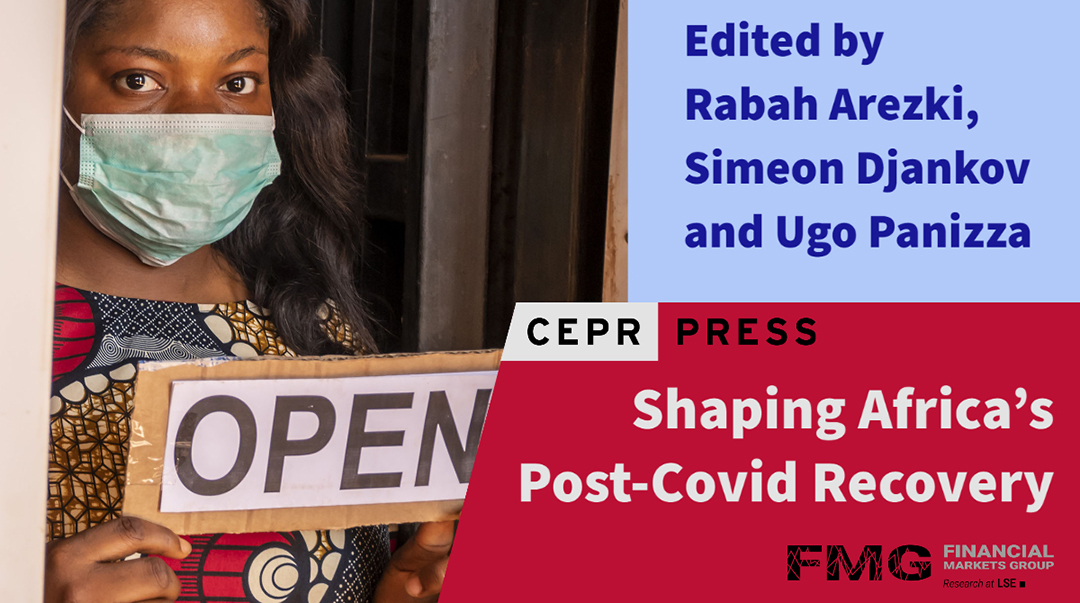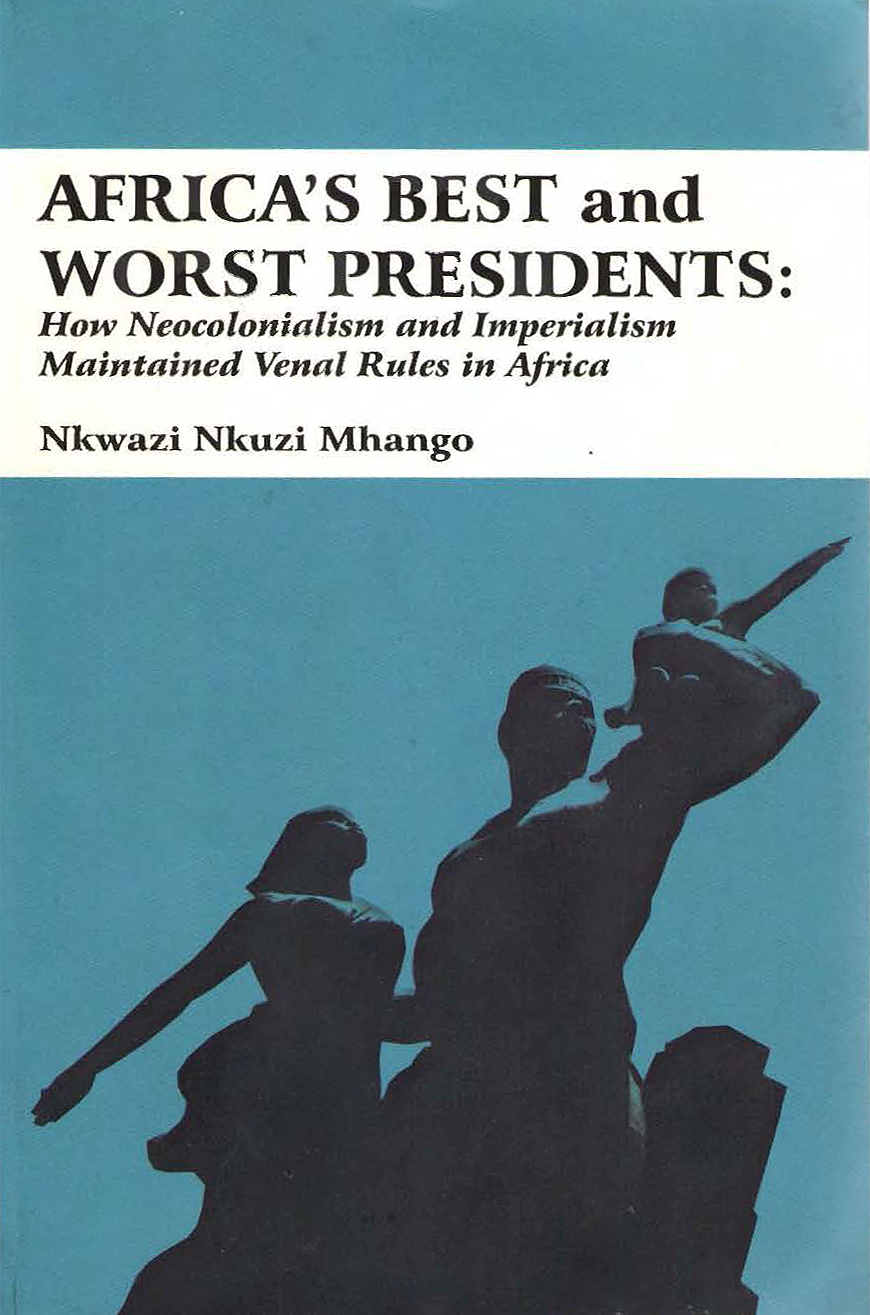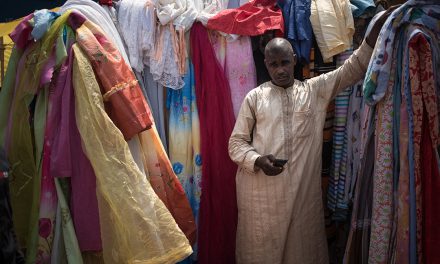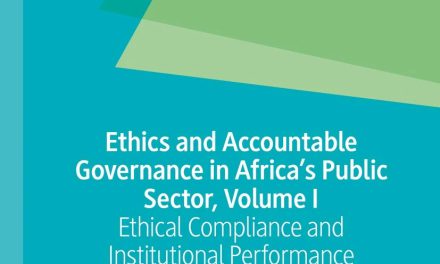Book Review
Shaping Africa’s Post-Covid Recovery
Edited by Rabah Arezki, Simeon Djankov and Ugo Panizza
Published by Centre for Economic Policy Research, 2021

With most of the world still grappling with the COVID-19 pandemic, different regions face unique challenges to overcome, to ensure adequate health and economic outcomes. Undoubtedly, the pandemic has added urgency to developmental plans for the health, education, and infrastructure of most developing nations.Shaping Africa’s Post-Covid Recovery brings together some of the leading economists conducting research on Africa to evaluate the impact of COVID-19 on the continent’s economies, and to assess future policy implications.
Several options are proposed to address the ongoing economic difficulties, for instance, access to international financing, debt restructuring and the suspension of patents due to the mutation of the virus. Except for some flashpoints in northern and southern Africa, Africa has largely been spared from the direct health ramifications of the pandemic.
Yet countries across the continent are still experiencing escalating economic difficulties and developmental issues that pre-date the pandemic and will impede recovery. These include dependence on commodity exports, the decline in foreign direct investment (FDI), loan remittances, over-reliance on donor aid and a reduction in tourism revenues, all this against a backdrop of Africa’s high incidence of poverty and debt.
Furthermore, for the first time in 25 years, Africa is experiencing a recession, which is likely to compound the problems associated with COVID-19 recovery efforts. For instance, during 2010-2019, average real gross domestic product (GDP) growth in Africa was close to 4% – lower than that of Asia but well above-average growth in the advanced economies and other developing and emerging economies in Europe and Latin America.
Before the COVID-19 pandemic, 2020-2021 growth was expected to remain close to 3.5%, but recent forecasts suggest that the continent will have zero growth over 2020-2021. Given the continent’s high population growth, this will lead to a 2.5% contraction in GDP per capita. Although the economic challenges highlighted in the book are considerable, the contributors emphasise that they are not insurmountable, requiring regional and international cooperation to ensure effective and durable post-COVID-19 recovery.While the economic impact of the initial COVID-19 shock is documented in developing countries, there is less descriptive evidence on the ongoing transition to economic recovery within the African continent.
This transition is crucial to study in developing economies in sub-Saharan Africa since projections have suggested the region may not have full access to COVID-19 vaccines until 2023. Moreover, because the economic impact of COVID-19 shocks was heterogeneous across sectors, recovery is likely to be similarly uneven. Logically, a restructuring of the aforementioned areas of FDI, trade, tourism and funding is necessary for a full recovery in the post COVID-19 era.
In 2020, FDI to Africa declined by a fifth (which mirrored a global trend – global FDI flows in the first half of 2020 decreased by almost 50% compared to 2019) with the downturn likely to persist throughout 2021. Policy measures implemented by governments around the world during the pandemic entailed new investment restrictions, which further affected cross-border investment, including inflows to Africa.
Although global investment flows will slowly recover (led by creating global value chains [GVCs], restructuring for resilience, replenishment of capital stock, and recovery of the global economy) the decline in FDI exacerbates the immediate challenges for developing countries. The book also suggests that the recovery of the tourism industry in Africa will likely depend on how well the pandemic is controlled and eliminated, especially in the major tourism markets of Africa – namely, Europe and the Gulf states.
Until the pandemic is brought under control most likely through widespread vaccination, international tourist arrivals are unlikely to recover. An increase in domestic tourism could partially offset the drop in foreign visitors and provide the tourism industry with critically needed cash inflows. This is an attractive option in Africa because of the lower rate of Covid-19 infections.
In the short run, tourism industries need government help in the form of grants, low rate-loans as well as bookings and payments in advance from international partners to prevent bankruptcies As stated, the crisis presents an opportunity to rethink the way tourism works, especially in the face of the rising demand for quality and cleanliness and potential airline route cuts. Among the possible changes are the promotion of clean, green, and responsible tourism, innovation and digital transformation by investing in digitalisation and retraining workers.Despite an ongoing over-reliance on international funding, regrettably much of sub-Saharan Africa requires continued financial assistance to make significant progress toward recovery.
The collapse in economic activity caused by the pandemic and the need to re-direct money that had been earmarked for other government expenditures, including external debt service, to defray COVID-19 related expenses has increased the number of countries likely to face an impending debt crises. In assessing international funding, the book’s focus is on whether the World Bank’s COVID-19 crisis lending has been fast enough. Other activities the World Bank has engaged in during the pandemic include the provision of personal protective equipment (PPE), support for remote learning in the education sector, and financial support for households and small businesses.
Sub-Saharan Africa has seen a faster increase in World Bank commitments and disbursements than any other region of the world during the pandemic and the same countries may be simultaneously repaying earlier World Bank loans, leading to a debt crisis.Despite the availability of debt relief, the pandemic exposes a fundamental truth about Africa’s evolving lending landscape; that negotiating relief has become a complicated task. Looking ahead, Africa’s experience indicates the need to revisit the idea of a multilateral Sovereign Debt Restructuring Mechanism (SDRM) that includes various creditors to improve access to funds.
Admittedly the issues highlighted by the authors present a quagmire of sorts for the continent. Furthermore, the authors suggest that the COVID-19 pandemic is undoubtedly causing the most severe global health and economic crisis for at least seven decades. Conversely, there are lessons to be learnt from nations such as Egypt that successfully softened the impact of COVID-19. The Egyptian economy proved resilient to the immense human and financial costs caused by the pandemic. The disruptions began early in 2020 and interrupted a period of macroeconomic stability, characterised by relatively high growth, improved fiscal accounts, and a comfortable level of foreign reserves. The fiscal and monetary policies implemented during the first half of 2020, and the emergency support of international financial institutions, helped Egypt weather the shock.
Swift action by the country’s finance ministry to allocate resources to the health sector targeted support to the most severely impacted sectors and the expansion of social safety net programmes to protect the most vulnerable. Similarly, the central bank of Egypt adopted a broad set of measures, including lowering the policy rate and postponing repayments of existing credit facilities.
Unfortunately, due to the time that the book was published, an assessment of the ongoing mutation of COVID-19 is omitted. An example being the Delta variant, considered a “variant of concern” by the World Health Organization because, as at July 2021, it was considered to be up to 60% more infectious than previous variants. Mutation and the resultant waves further complicate the quest for continental recovery, as it raises questions such as, will the current COVID-19 vaccines still work? Can new variants be prevented?
Undeniably, the scientific answers to the ongoing questions indicate that globally, the COVID-19 learning curve remains steep.
Sarah Nyengerai is an academic and freelance writer based in Zimbabwe with a strong passion for social, cultural, economic and political issues that affect women. She believes literary works form the foundation for the dialogue required to sustain momentums of change and aims to bring attention to such matters. A member of NAFSA (Association for International Educators) and Forum for African Women Educationalists (FAWE), Sarah is actively involved in the advancement of education for women.











